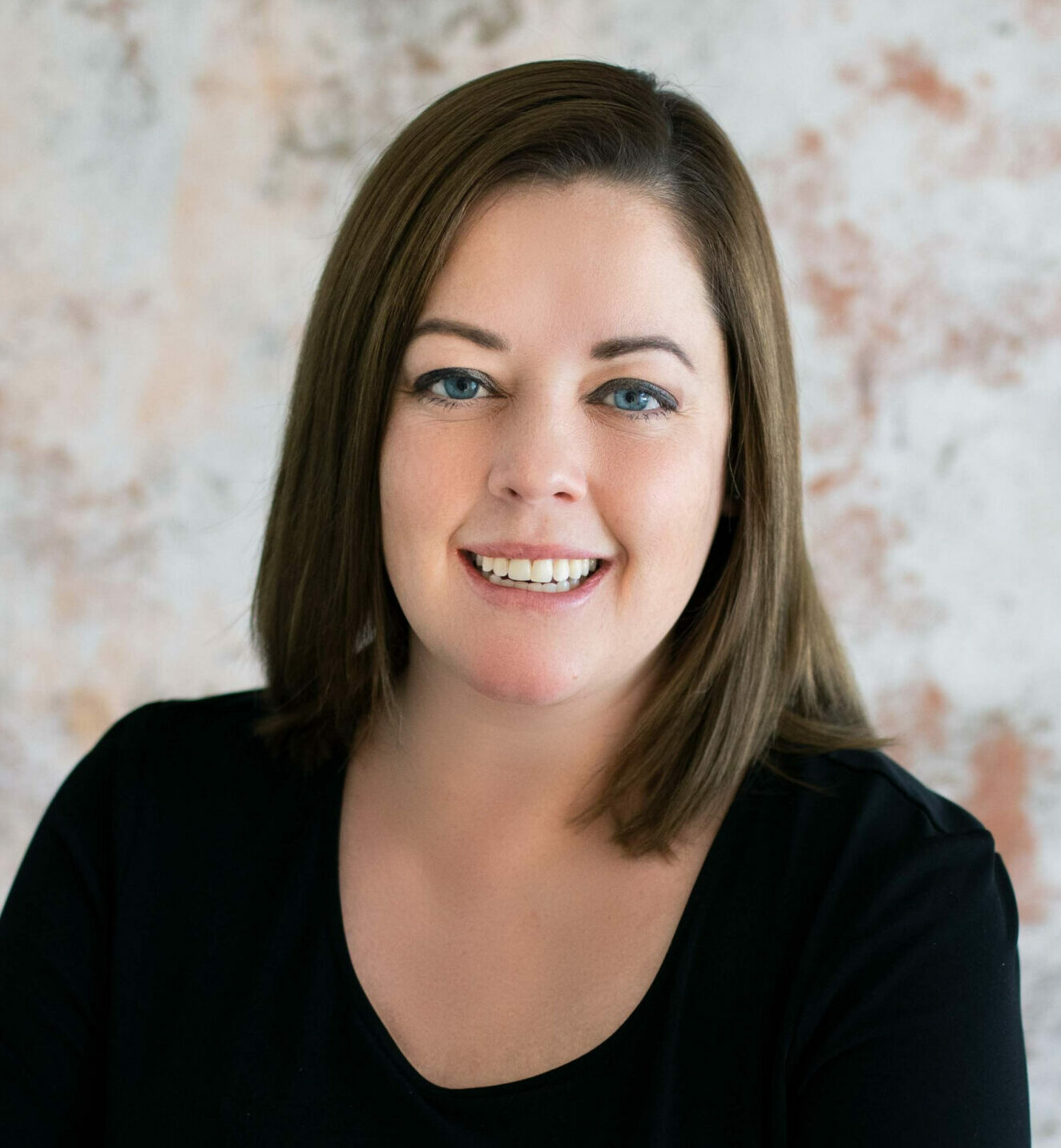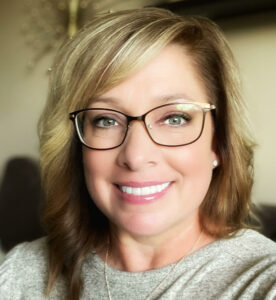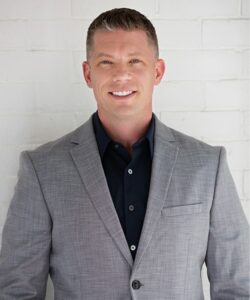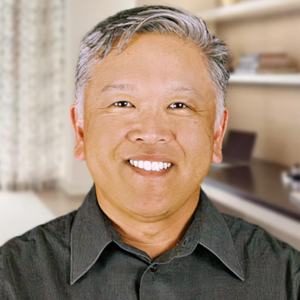“I am really interested in owning my own dental practice, but I think I need to pay down my student loans before I buy one.” said nearly every dental student and resident that I’ve talked with across the country.
It’s a common response I get when talking with students. But it’s not a wise one.
If you’re coming out of dental school, you probably have a mountain of student loans. And it feels daunting. And it only feels worse if you did a residency program. I get it.
You need to face your fears. Stare the cold, hard facts in the face. Realize that the quickest way for you to pay down your student loans is to own a good dental practice as soon as possible.
Recently, a client of ours came out of dental school with just under $300,000 in student loans. He’s married, and has 3 kids. He worked for about 8 months as an associate, and then shopped and found a good practice to buy. Two years after that purchase, he’s whittled his student loan debt load down to about $80,000 and is on track to finish paying them off this year.
All his student loans paid off less than four years after dental school. Sound nice?
The fact is, the quickest way to pay down your student loans is to have the money to pay them down, and the quickest way to have the money is typically, to own a good dental practice.
Let’s look at a simple example that helps illustrate the point. Let’s say that you’re a new dental grad a year or two out of dental school and you’ve got the hand speed and skills to do $800,000 a year in production. If you’re an employee of a big chain, you’re probably taking home 25% of production, or $200,000. Good for you. Your Mom is proud, and your non-dental friends will make you pay for dinner.
What if you were the same dentist, but instead were an owner?
As an owner, let’s say you produce the same $800,000 in production and buy a practice that produces exactly that amount per year. Let’s assume you pay 65% of production for the practice, or $520,000. Now, instead of 25% of whatever you produce, you get to keep all the profits from the business. The average dental practice has overhead of about 60%, so you would get to keep about 40% as profit, or $320,000. But, don’t forget that you had to get a loan to buy the practice. Let’s say it was a 10-year loan at a 5% interest rate. That’s $66,185 annually that you’d need to pay towards that loan. But wait, if you subtract the loan amount from the profit you have left from the business, you have $253,815 – $53,815 more than you would have as an employee.
The real kicker comes down the road. After you’ve paid off that practice loan, you’re now keeping all the profit from the business. If you’re an employee, you’re still making 25% of production.
Of course, in real life the comparison is never quite this simple. There are other financial factors I haven’t mentioned, and plenty of qualitative factors not included in this analysis. Do you want control over which procedures you recommend? Do you want control over whom you work with? Do you want the added stress that comes with owning a business?
“But with as much as I have in student loans, no bank will lend to me!” Actually, they can and frequently do lend to newer dentists with large student loan balances. It’s true that you’ll need to buy a dental practice that can support your student loan payments along with your living expenses at home. But make no mistake – the banks will run those numbers backwards and forwards. A good dental CPA with a Buyer Advocacy program like Practice Financial Group can run the cash flow projections for you as well. I’d be willing to bet good money that you, yes you (and your student loans), can get a practice loan.
“But I don’t have the experience yet to run my own dental practice!” That might be true. If you’re just graduating, you probably don’t have the experience you need yet. You need some day-in day-out time with patients to increase your speed and master your procedures. If you’re a year or two out of school, however, as long as you’ve been practicing dentistry, you know more than you think. And if you can show the production history that is close to a practice you’re thinking of purchasing, there are advisors and consultants that can help you figure out what you don’t know.
The hidden danger with going and working at a big corporate dental chain right out of school as an employee is the fact that you pick up bad habits. You’re more comfortable with an open schedule. You’re slower than your colleagues that own their own practice. You aren’t quite as good at selling the need for a procedure to your patient. Why would you be? The buck, ultimately, stops with someone else.
Working as an associate in an office similar (or the same!) as the one that you might eventually buy is the best course of action right out of dental school. You get the experience you need, pick up the best habits of a business owner, and get an idea of how you will run your practice when you own it.
If you have a general idea of the pros and cons of business ownership, and you suspect that you will someday want to own your own practice – don’t wait until your student loans are paid off. The fastest way to pay off those pesky student loans, is to have the money to pay them off. And generally, the quickest way to have that money is to own a good dental practice sooner rather than later.






